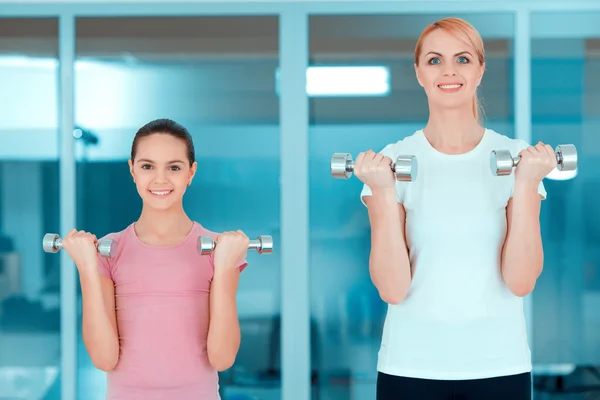Does Fitness Make You Sharper? Research indicates that being physically fit can improve attention span and cognitive function. Exercise has been shown to boost dopamine, which improves mood and jump-starts the attention span.
Additionally, individuals with better physical fitness perform better in cognition and attention tests, have better academic performance, and achieve more cognitive benefits from physical activity interventions.
A study found that physically fit teens tended to have greater attention spans and concentration.
Therefore, there is evidence to support the idea that fitness can make you sharper by improving attention and cognitive function.
About the study
Teenagers who are physically fit tend to focus better and make fewer mistakes, according to a new study in “Scientific Reports Why This Matters:
- Teens are going through major brain development, and physical fitness can give it a boost.
- Better fitness has been linked to higher grades and overall cognitive performance.
This study specifically looked at five key fitness areas: speed, endurance, strength, coordination, and flexibility. Researchers tested physical fitness and attention levels in 140 high schoolers aged 15-18. They used a well-established fitness test and a standard attention test. Study source.
Study Findings
Overall fitness was linked to better attention in several ways:
- Higher concentration scores: Teens who were fitter made fewer mistakes and stayed focused longer.
- Faster processing speed: They got through the attention test quicker.
- Lower error rate: They were more accurate in spotting targets.
Nearly all five fitness components played a role in these benefits, except for raw speed. Endurance and flexibility were strongest for boosting processing speed. Strength and coordination were best at lowering error rates.
What This Means:
Regular physical activity can be a powerful tool for improving teens’ brainpower.
Schools should encourage physical activity, not just for physical health but also for mental well-being and academic success. More research is needed to see if these findings apply to students from different backgrounds.
Remember: This study focused on high schoolers from high-income families. More research is needed to see if the results apply to other age groups and economic backgrounds.
What are some examples of moderate-intensity exercise?
Some examples of moderate-intensity exercises include:
- Brisk walking
- Water aerobics
- Riding a bike
- Dancing
- Doubles tennis
- Pushing a lawn mower
- Hiking
- Rollerblading
These activities are considered to be of moderate intensity as they require a medium amount of effort and will make your heart beat faster and make you breathe harder than normal, but you’ll still be able to talk [ Sources: 1, 2]









